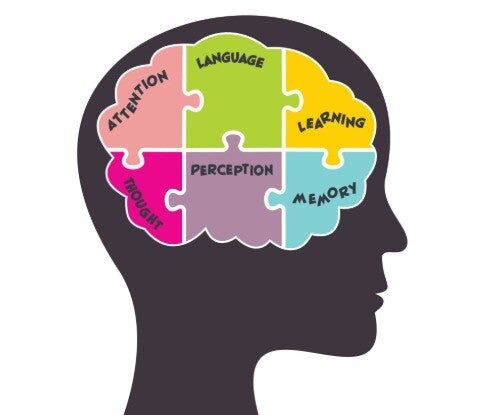5 Theories of First Language Development

Behaviorism (Skinner) → Language through imitation and reinforcement.
The behavioristic view of language acquisition in language development is the result of a set of habits. The general theory of learning described by J. B. Watson, holds that knowledge is the product of interaction with the environment throuh stimulus-response conditioning.
The theory claims that first language (L1) acquirers receive linguistic input and positive reinforcement for their correct repetitions and imitations. Babies acquire mother tongue habits by using varied "babblings" that are similar to the words uttered by a person around them.
The central strategies of language learning, according to this perspective, are imitation, reinforcement, and rewarding.

Innatism (Chomsky) → Language as an inborn capacity.
The innatist theory is a promiment perspective suggesting that humans are born with an innate capacity for language development; Noam Chomsky is the main proponent of this theory. Some components of Innatism are:

Cognitivism (Piaget) → Language develops along with thought.
Cognitive theory is based on Piaget’s work, which suggests that learning follows development; therefore, students can learn things when they are developmentally ready to do so. He believed that development (language acquisition) results mainly from external factors or social interactions.
Intellectual development stages:
- The sensorimotor stage (ages 0 to 2): Understanding the environment.
- The preoperational stage (ages 2 to 7): Understanding the symbols.
- The concrete operational stage (ages 7 to 11): Mental tasks and language use.
- The formal operational stage (age 11 onwards): Dealing with abstraction.

Interactionism.
The Interactionist/Developmental perspective views language acquisition as similar to other types of skill and knowledge acquisition and under the influence of learning other skills by cognitive and developmental psycholinguists. Interactionists suggest that the child’s linguistic progress is chiefly the result of interaction with others.
Some key comcepts: interaction (children acquire particularly with adults); cognition and input (complex interaction between the learner's mental abilities and the linguistic input); rejecting "poverty of the stimulus" (emphasize the role of child-directed speech).

Constructivism.
Vygotsky's point of view is that social interaction plays an important role in the learning process. He believed that language grows completely from social interaction, and children can only develop to an adhanced level of knowledge via employing a helpful interactive environment. Also he placed an emphasis on the role of "shared language" in the development of thought and language.
The concept of "shared language" is best alucinated of the Zone of Proximal Development (ZPD).
The ZPD refers to the distance between the actual developmental level and the level of potential development. Learning in the zone framework means children engage in developmental activity "volitionally and with conscious awareness" rather than spontaneously.
Stages of First Language Acquisition
• Prelinguistic stage → Babbling.
• One-word and two-word stages.
• Complex structures.
Piaget observed that the pre-linguistic stage (birth to one year) is a determining period in the development of sensory-motor intelligence.
Vygotsky, when discussing the external, phonetic aspect of speech, notes that the child starts from one word, and then connects two or three words.
Semantically, the first word uttered by the child is considered a whole sentence.
Children advance from simple statements to more complex sentences and finally to coherent speech containing a sequence of these sentences.
The Role of the Environment
The role of the environment is central to the "nurture" side of the nature/nurture debate, also know as empiricism.
- The Discourse Theory emphasizes viewing language development within the framework of how the learner discovers meaning by taking part in communication.
- Interactionists suggest that children acquire language in the milleu of interaction, particularly with adults.
- Vygotsky's view highlights that the human environment is a social environment, and the environment is never external to the child; it changes and is dynamic as the child changes.